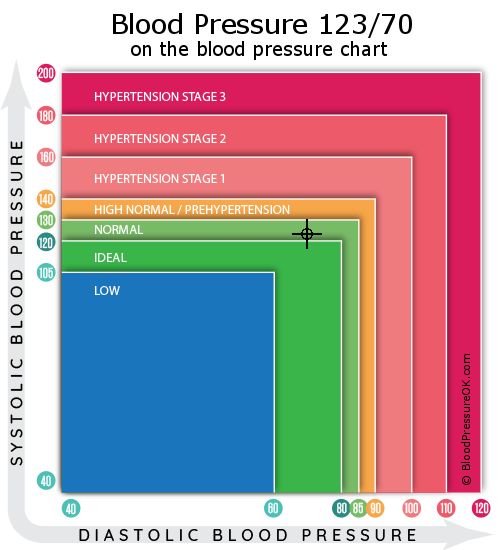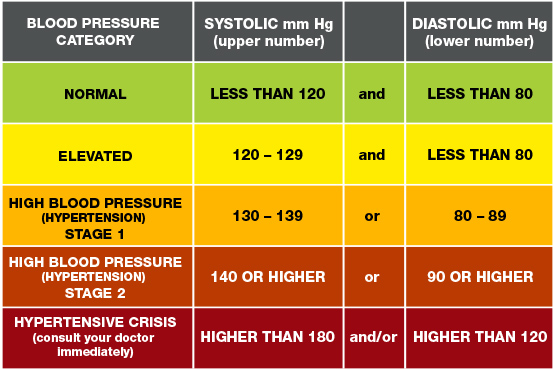

This is called “white coat effect.” Measuring your own blood pressure regularly can help you determine if your blood pressure is in fact high. However, your blood pressure can return to normal as you go about your daily activities. It is possible for your blood pressure to rise when you visit the doctor's office because you may be anxious. Home monitoring can help your doctor to diagnose your blood pressure correctly. Get tips on relaxation and mindfulness from people who are living with heart disease and stroke. Find relief instead with physical activity, socializing, laughter and healthy eating. Avoid unhealthy coping mechanisms such as smoking, alcohol use, poor food choices, not being active, and watching too much television. Research suggests that the way in which you manage your stress is very important. Too much stress may increase your blood pressure. Find healthy ways to manage your stress.If you drink alcohol, limit yourself to no more than 2 drinks a day, to a weekly maximum of 10 for women and 3 drinks a day to a weekly maximum of 15 for men.If you don't smoke, minimize exposure to secondhand smoke. If you smoke, speak to your doctor or healthcare provider about quitting. If you are overweight, losing even 5% to 10% of your weight can help to reduce your blood pressure as well as decrease your chances of having a stroke or heart attack. Achieve and maintain a healthy body weight.Speak to your healthcare provider before starting a physical activity program.


Eat a healthy, balanced diet that is lower in salt and fat (especially saturated fat).Eat foods high in potassium such as fresh fruits, vegetables, low-fat dairy foods, beans and lentils - unless you are taking a medication that interacts with potassium.If you have high blood pressure, the recommendation is to eat less than 2000 mg of sodium per day. Heart & Stroke recommends that Canadians eat less than 2,300 mg of sodium (about 1 tsp / 5 mL of salt) a day total from processed foods and salt added during food preparation and at the table. Also try to limit your use of salt in cooking and at the table. This includes fast foods, prepared meals, processed meats (such as hot dogs and lunch meats), canned and dried soups, bottled dressing, packaged sauces, condiments and salty snacks. High sources of sodium are found in highly processed foods. Follow these links to more information about medications for hypertension and heart disease or hypertension and stroke. If your doctor has prescribed medication for hypertension, take it as directed.Have your blood pressure checked regularly as recommended by your healthcare provider.Throughout a woman’s life, factors like pregnancy, birth control and menopause can increase the risk of developing high blood pressure. Other factors, such as diet, exercise and smoking can be addressed through lifestyle changes to reduce your risk for high blood pressure.Īfter 65, women are more likely than men to get high blood pressure. You can't control some risk factors, such as age, ethnicity and gender.

High blood pressure can be caused by many factors. What can I do to control my blood pressure?


 0 kommentar(er)
0 kommentar(er)
